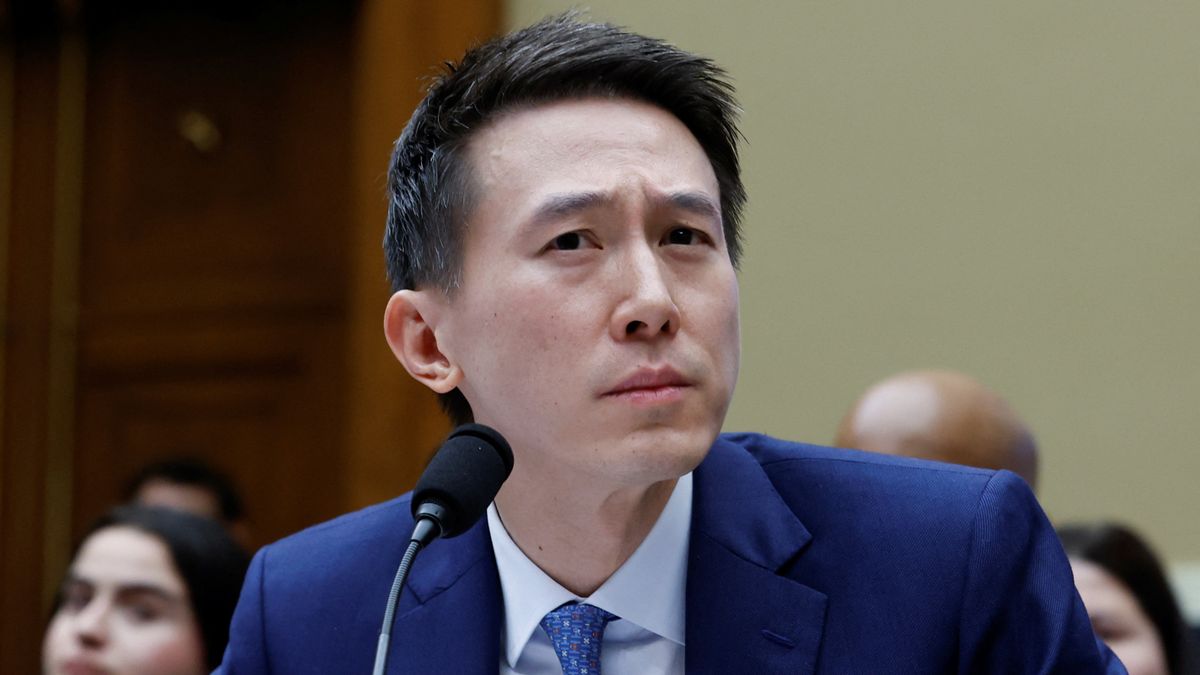TikTok CEO Shou Zi Chew has concluded his first public hearing before the United States Congress, where he attempted to dispel concerns over the Chinese-owned app’s ties to the government in Beijing and its alleged inability to stem “harmful” content.
The hearing, which stretched longer than five hours, took place on Thursday in front of the House Committee on Energy and Commerce.
It underscored the growing bipartisan support to take action against TikTok, with both Democrats and Republicans on the committee expressing scepticism over the company’s autonomy from the Chinese government.
For his part, Chew sought to portray the app, which has 150 million monthly users in the US, as “a place where people can be creative and curious”. He also maintained that the company is taking actions that will surpass industry standards in terms of data protection and transparency.
Here are key takeaways from the hearing:
China’s influence
Legislators repeatedly asked Chew about China’s alleged influence over TikTok, an issue that both Republican committee chair Cathy McMorris Rodgers and ranking Democrat Frank Pallone cited as a source of national security concerns.
Pallone called the Chinese company ByteDance, which owns TikTok, a “Beijing communist-based parent company”.
Chew repeatedly said that ByteDance “is not owned or controlled by the Chinese government” and that he has seen “no evidence” that the Chinese government has accessed or requested access to US user data.
He added that TikTok does “not promote or remove content at the request of the Chinese government”.
However, several legislators seized on Chew’s statement that — because the company relies “on global interoperability” — Chinese engineers may still have access to some US data.
Chew dismissed allegations that TikTok posed a national security threat. “I think a lot of risks that are pointed out are hypothetical and theoretical risks,” he said.
Privacy concerns
Chew sought to allay legislators’ concerns about the safety of US user data, outlining an initiative that will assure “American data is stored on American soil by an American company, overseen by American personnel”.
The $1.5bn “Project Texas” plan would rely on contracts with the Texas-based tech company Oracle, Chew explained, using a “firewall that seals off protected user data from unauthorised foreign access”.
The project is already active but not yet complete, according to Chew, who said “legacy US data” was still being deleted from old servers in the US and Singapore.
The statements prompted little in the way of reprieve from legislators.
“Please rename your project. Texas is not the appropriate name,” said Republican August Pfluger, who represents Texas’s 11th congressional district. “We stand for freedom and transparency, and we don’t want your project.”










